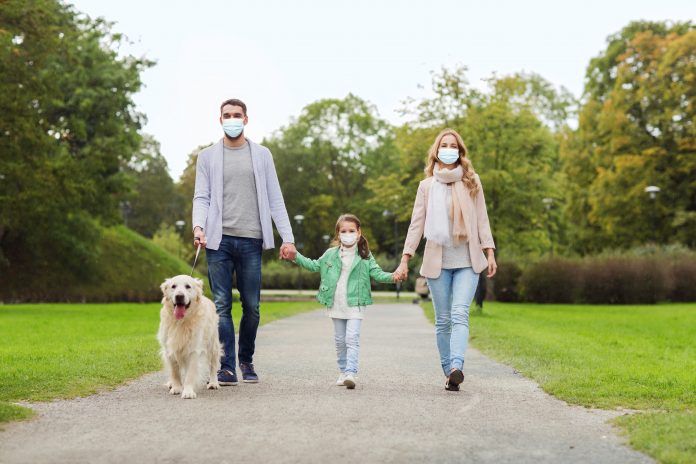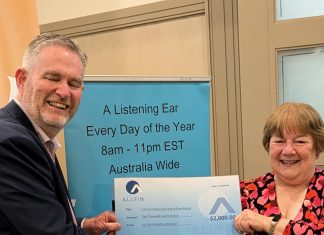Although the intrinsic health benefits of being in nature are well known, urbanisation continues to encroach on green spaces. Now researchers are calling on the government to consider nature-based citizen science projects in their policies.
Finding ways to connect with natural environments is becoming more challenging as urbanisation grows. In response to this growing dilemma, University of South Australia researchers are urging governments to consider nature-based citizen science as part of their public health policies in an effort improve the health and wellbeing of people living in urban areas.
By 2050, the United Nations estimates that 88 per cent of the population will be living in urban areas.
Given such mass urbanisation, UniSA’s Professor Craig Williams says it’s more important than ever to maintain a connection with natural environments.
“Whether you’re watering the garden, taking a stroll around the block, or simply watching the world go by, getting out into nature is good for your health,” Professor Williams says.
“Natural environments can enhance human performance, improve success at work (or school) and are known to provide significant mental, emotional, and physical health benefits.
“Conversely, urbanisation can negatively affect human health by increasing the prevalence of allergic, autoimmune, inflammatory, and infectious diseases, with some of these factors contributing to rise in cancers, depression and cardiovascular disease.
“As cities grow, fewer people have access to natural environments, which is part of the reason urban living can be bad for your health.
“Citizen science can change this. Nature-based citizen science projects can motivate people to engage with natural environments. And if they can be orchestrated, organised, and promoted in cities – particularly as part of a public health policy – then we have the potential to improve people’s health through that mechanism.”
Professor Williams says citizen science can also alleviate stress and isolation.
“In as little as 15 minutes in a natural environment, a person can experience lower stress levels as measured by blood pressure, cortisol levels and pulse rate,” Professor Williams says.
“In Australia, the outdoors remains one of the few places where people can safely get together despite the persistent risk of Covid-19.
“Being out and about in nature – whether in person, or by electronic means (as are many of our projects), is a great way to help people stay connected, while also providing them with a purpose, helping them feel like they’re contributing to something, and being part of a community.
“At the same time, they’re discovering great places to go in their city, and hopefully improving their wellbeing by doing so.”






